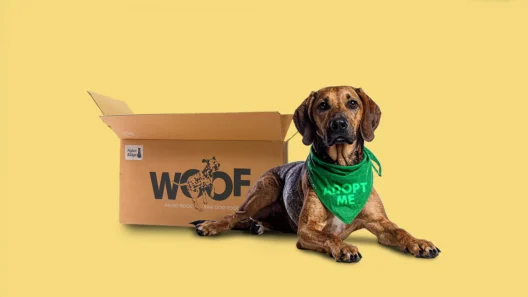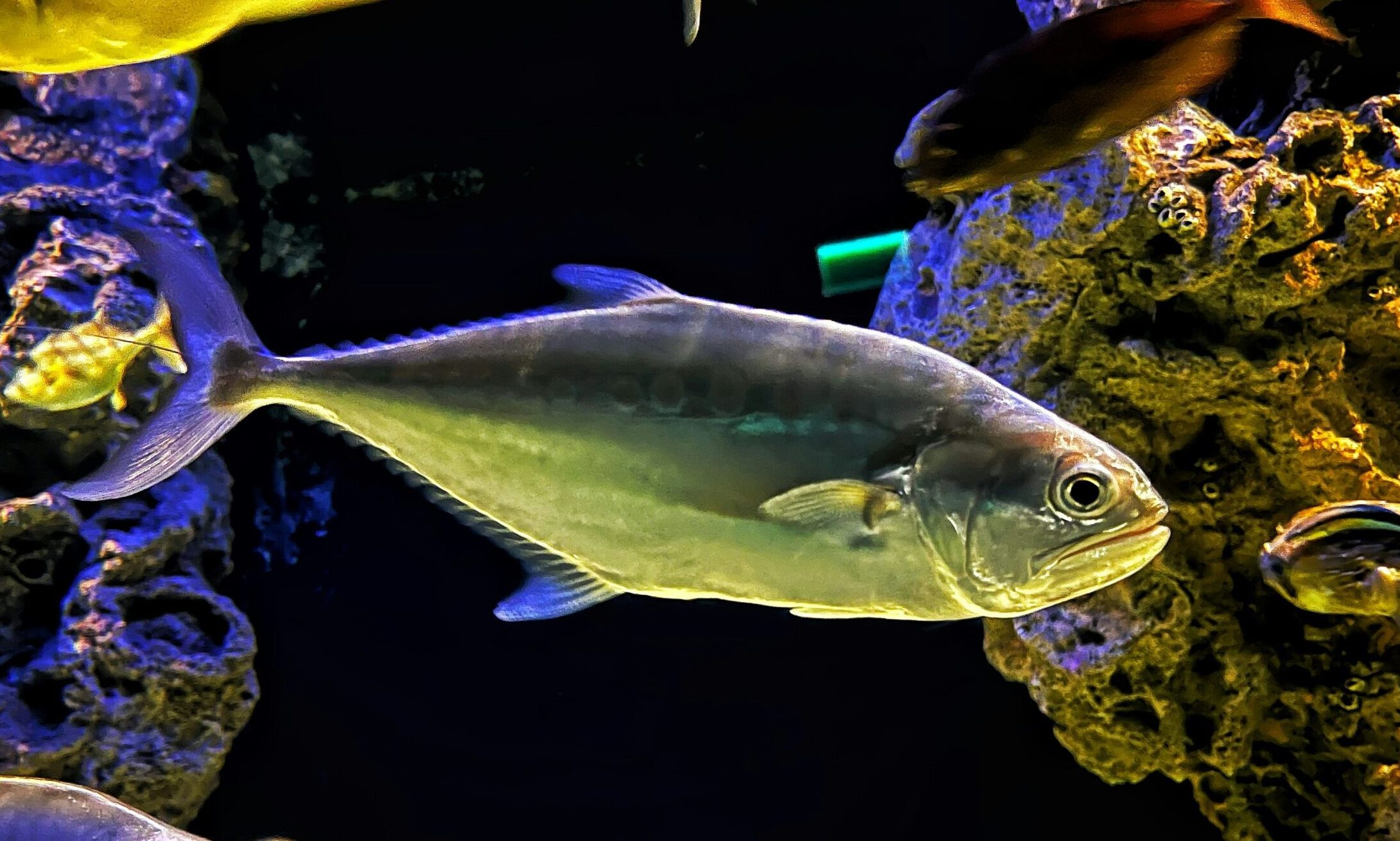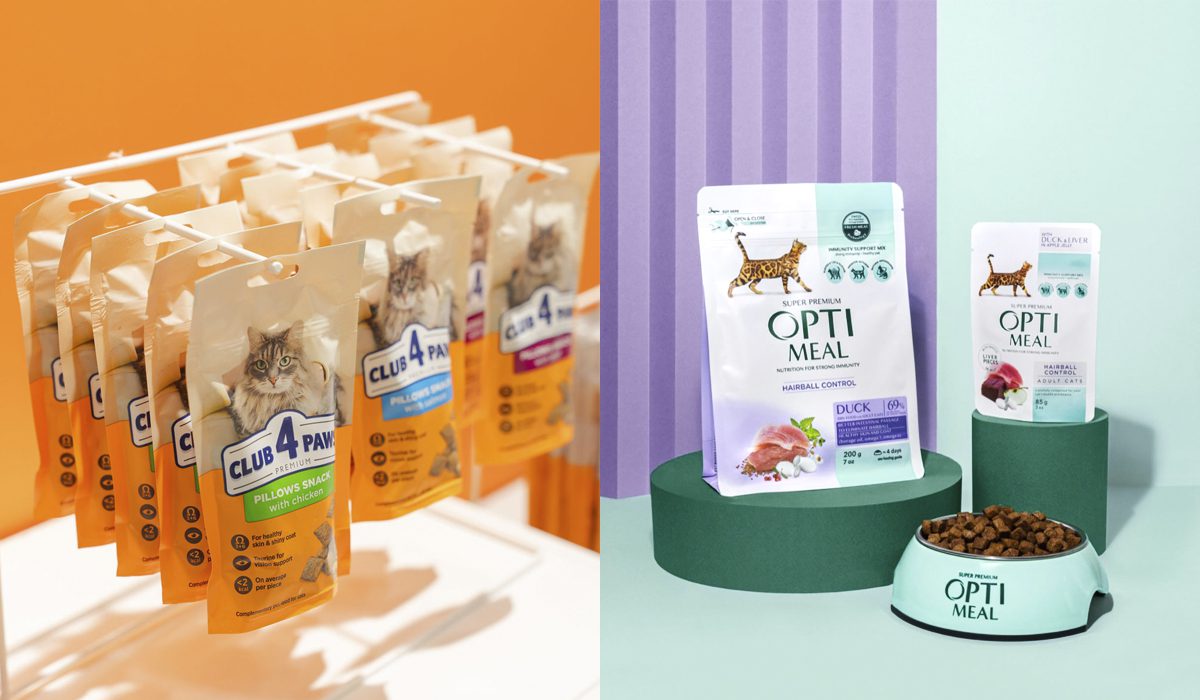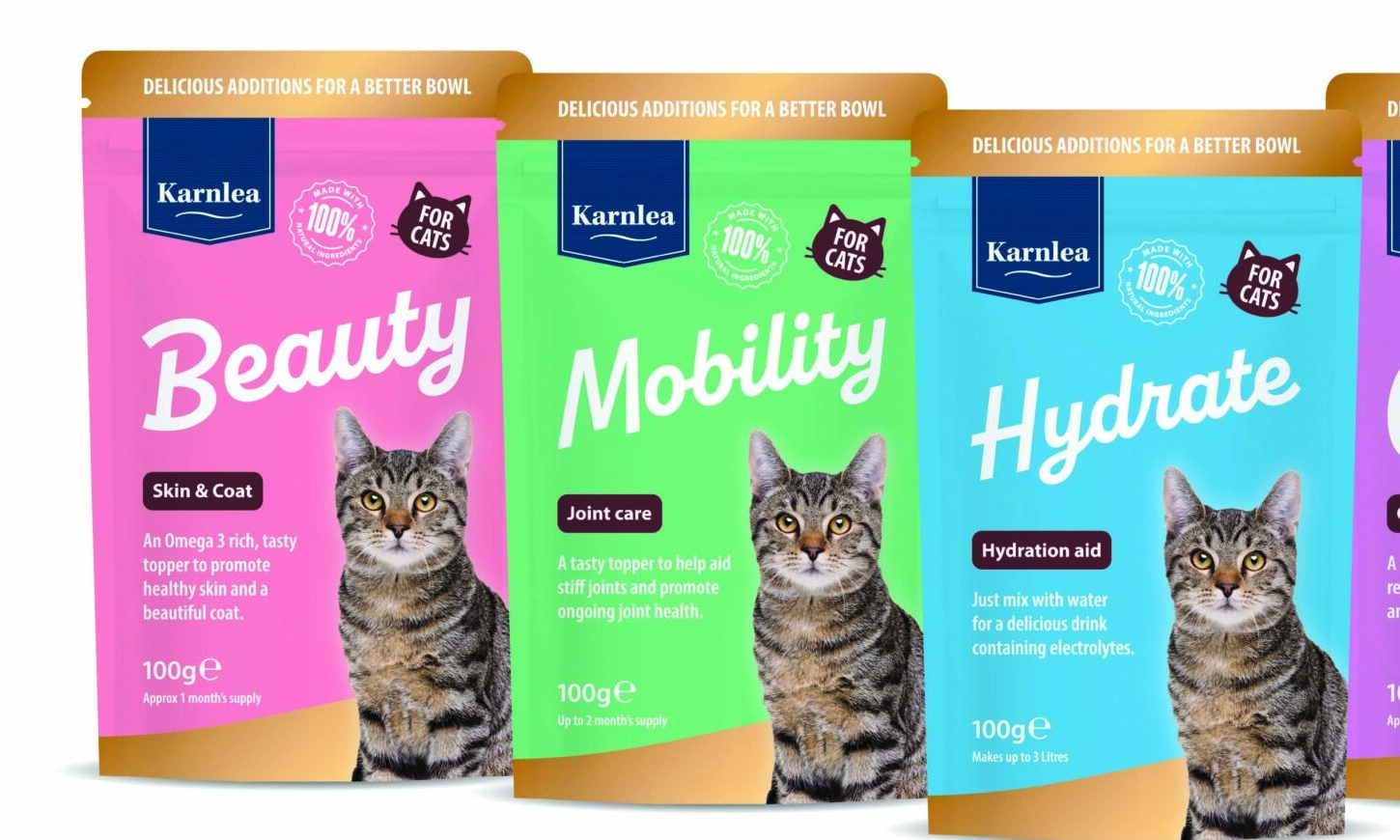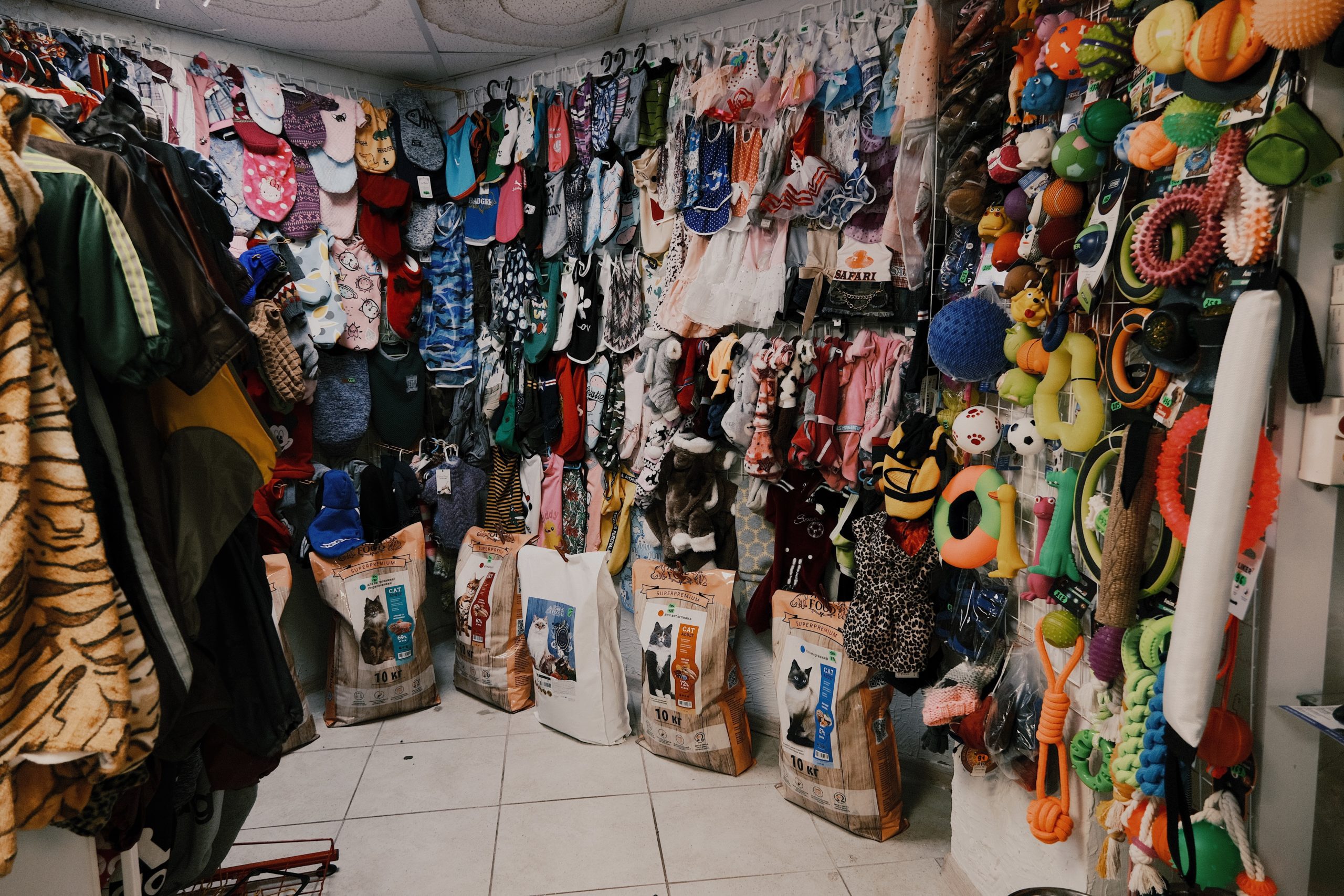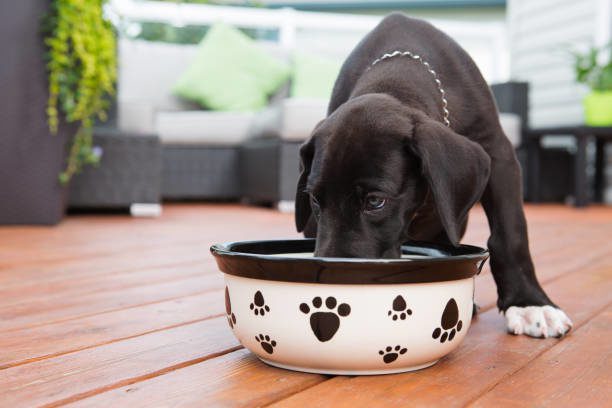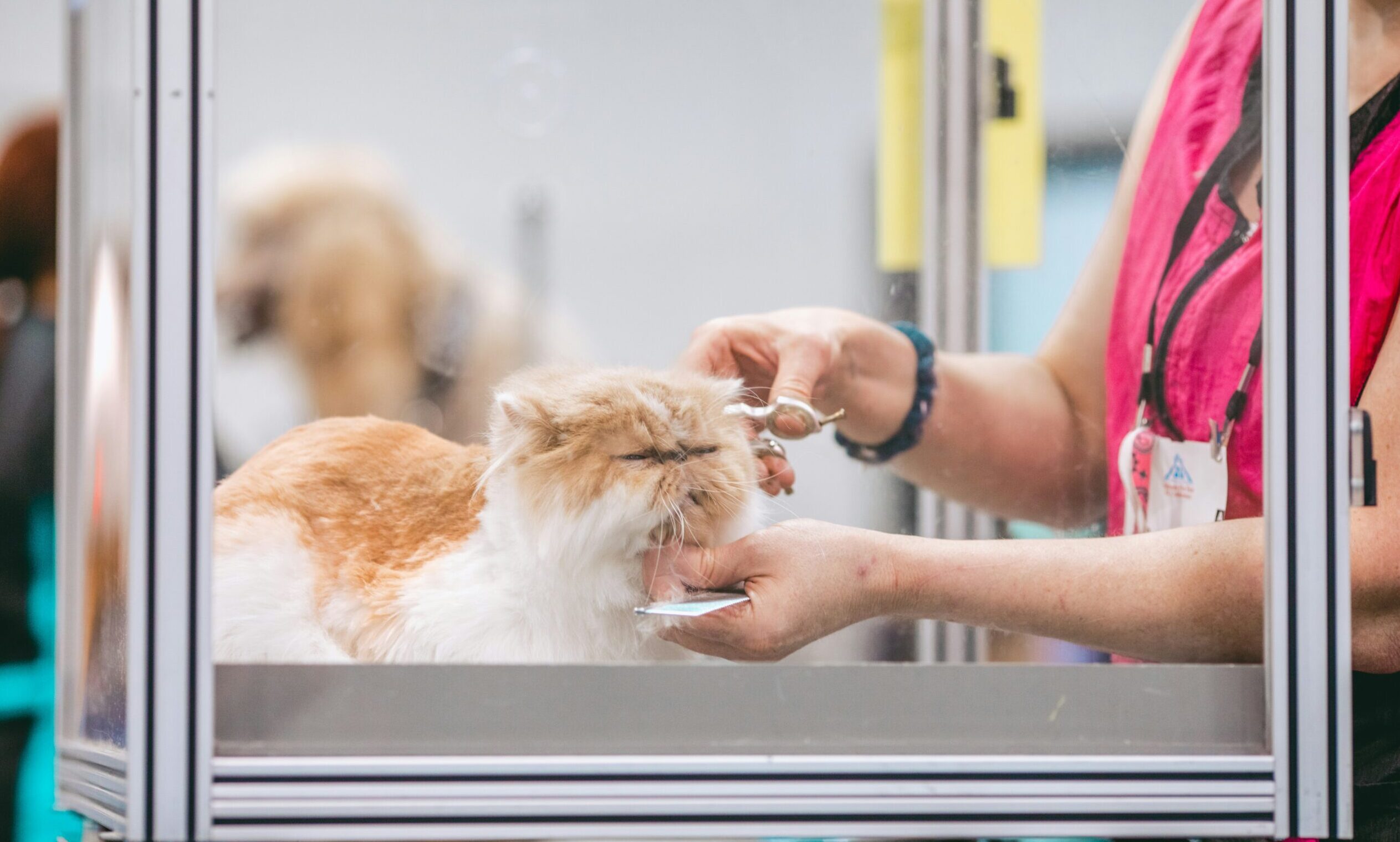Register to get 2 free articles
Reveal the article below by registering for our email newsletter.
Want unlimited access? View Plans
Already have an account? Sign in
The Ornamental Aquatic Trade Association (OATA) has welcomed a call by the Scottish Animal Welfare Commission (SAWC) for a code of practice for farmed and ornamental fish, but warned that some of the recommendations could prove “unworkable”.
SAWC’s report, Ascribing Sentience to Fish: Potential Policy Implications, supports recognising fish as sentient beings whose welfare needs must be considered in policymaking.
However, OATA has criticised the report for proposing measures it says are designed for commercial fisheries rather than the ornamental trade.
The association also criticised SAWC for failing to consult the organisation during the development of its latest report on fish sentience.
In a letter to SAWC, OATA said it was “extremely disappointed” to be excluded from contributing to “Ascribing Sentience to Fish: Potential Policy Implications”, despite being recognised by SAWC in earlier work on exotic pets.
“As recognised key experts in the field of ornamental fish welfare and husbandry, we would have expected to be included in the process.”
It said that applying identical welfare protocols to both aquatic and air-breathing animals risks misrepresenting the specific requirements of ornamental species.
One area of concern is the recommendation that fish welfare be monitored by number rather than weight.
While pet shops already log fish mortalities by number, OATA argues extending this requirement across the industry would be difficult and “nigh on impossible” for food fisheries.
OATA also questioned the suitability of using existing welfare assessment models, which it said were tailored to food fish farming.
It pointed to the need for more appropriate methods, such as operational welfare indicators developed specifically for ornamental species.
The organisation reaffirmed its commitment to high welfare standards and noted it had always treated fish as sentient, even before the Animal Welfare (Sentience) Act 2020.
OATA’s codes of practice, which include transport and water quality standards, exceed legal requirements and have informed previous statutory guidance in Scotland.
It has already begun work on a draft code of practice for ornamental fish and said it would be willing to share this as part of a broader consultation.
Matthew Bond, OATA deputy chief executive, said: “We welcome that fish’s welfare needs are being properly recognised, but they require a different approach to other animals, particularly when it comes to transport. Licensed pet shops are already required to record fish mortalities by number, but we believe applying this across the ornamental fish industry would be difficult.”



